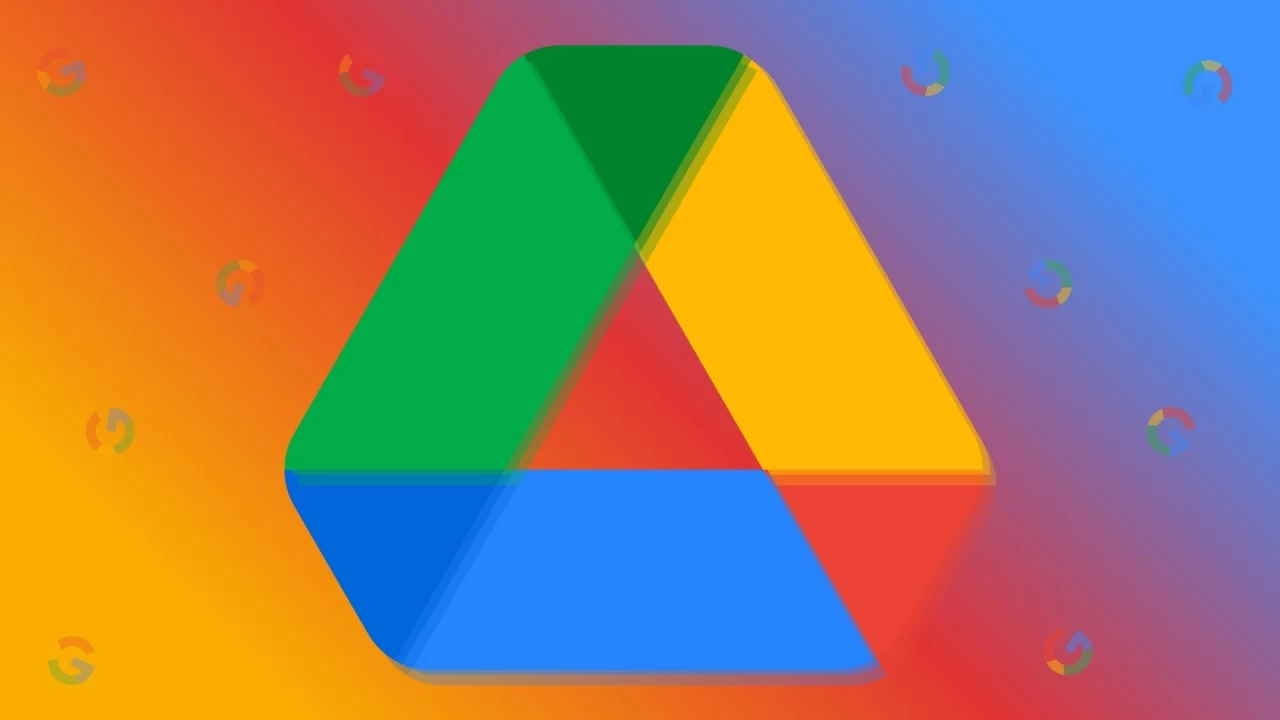Google is making a key change to its Gemini API that could significantly reduce costs for developers using its latest AI models. A new feature called implicit caching is now live for Gemini 2.5 Pro and 2.5 Flash, with Google claiming it can slash processing costs by up to 75% for requests that include repetitive context.
For developers feeling the pinch of mounting inference costs, this update could offer some relief—provided it works as advertised.
A Smarter, Simpler Approach to Caching
Caching isn’t new in AI infrastructure. It’s a common performance tactic that stores and reuses frequently accessed data, reducing the need for repeated computation. But until now, Google’s Gemini API only supported explicit caching, which required developers to manually identify and define high-frequency prompts.
That process often proved tedious—and, in some cases, ineffective. Some developers recently voiced frustration that even with explicit caching enabled, costs remained unexpectedly high when using Gemini 2.5 Pro. Those concerns reached a boiling point last week, prompting the Gemini team to issue a public apology and pledge improvements.
Enter implicit caching, which operates automatically and is enabled by default for Gemini 2.5 models. If a request shares a common prefix with a previous one—typically repeated instructions or context—the system checks for a cache hit and applies cost savings on the backend. No manual setup is required.
Google says developers can expect the best results when keeping repetitive context at the beginning of a prompt, with variable content placed at the end. For a request to be eligible, the minimum token count is 1,024 tokens for 2.5 Flash and 2,048 tokens for 2.5 Pro—roughly equivalent to 750 and 1,500 words, respectively.
Real Savings or Another PR Patch?
While the automatic nature of implicit caching is a clear improvement over the manual approach, there are still some unknowns. Google hasn’t provided independent benchmarks or third-party validation of the claimed savings, and it remains to be seen how consistently real-world use cases will benefit.
This update follows mounting pressure on AI companies to control API costs as large language models become more powerful—and more expensive to run. For developers integrating AI into commercial products or at-scale workflows, even small inefficiencies can drive up operational costs quickly.
If implicit caching works as Google claims, it could make Gemini 2.5 Pro and 2.5 Flash more competitive in a market that includes OpenAI, Anthropic, and Meta. But for now, early adopters will be the ones testing whether the savings are real or just theoretical.





